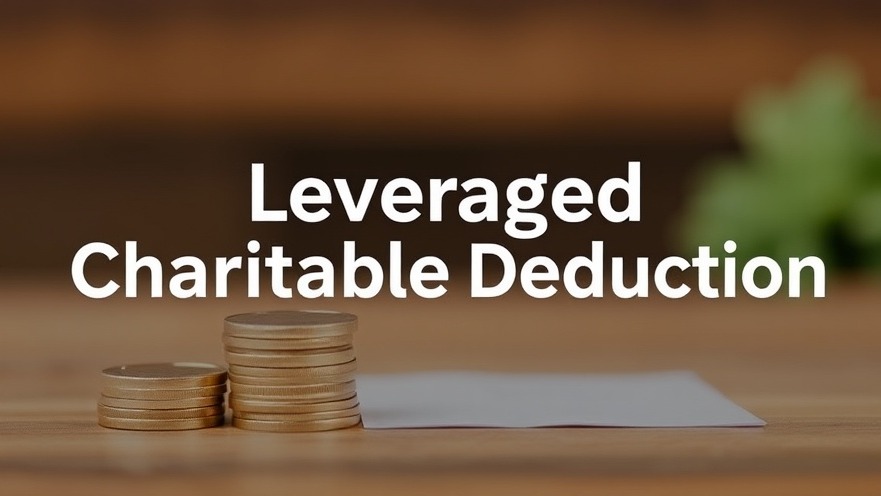
Deadline Approaches for Year-End Tax Planning
As the year 2023 comes to a close, taxpayers should be aware of some important tax issues that may affect their financial situation. Here are some of the taxes that need to be considered before the end of the year:
Income tax: Depending on your income level, filing status, and deductions, you may want to adjust your withholding or make estimated tax payments to avoid underpayment penalties or a large tax bill in April. You may also want to take advantage of tax-saving strategies such as contributing to a retirement plan, donating to charity, or selling losing investments to offset capital gains.
Sales tax: Some states and localities impose sales taxes on certain goods and services, such as clothing, food, or entertainment. If you plan to make any large purchases before the end of the year, you may want to compare the sales tax rates in different locations to save money. You may also be able to deduct your sales taxes on your federal income tax return, instead of your state and local income taxes, if that is more beneficial for you.
Estate and gift tax: If you have a large estate or plan to make substantial gifts to your family or friends, you may want to consult a tax professional about the estate and gift tax rules. The federal estate and gift tax exemption for 2023 is $12.06 million per person, which means you can transfer that amount of wealth to your heirs without paying any federal tax. However, some states may have lower exemption amounts or impose their own estate or inheritance taxes. You may also want to take advantage of the annual gift tax exclusion, which allows you to give up to $16,000 per recipient per year without using up your lifetime exemption or paying any gift tax.

Use These Tips & Articles to Save!
- Forbes - You Can Still Cut Your 2023 Tax Bill With These Moves
- IRS - IRS provides tax inflation adjustments for tax year 2023
-
Investors Business Daily - There's Still Time To Legally Cut Your 2023 Tax Bill — Here's How
Advanced Tax Strategies used by the affluent, high net-worth families, and high income earners:

-
831(b) Risk & Tax Mitigation Strategies
- Charitable LLC
- Charitable Leveraged Deduction
- Bonus Depreciation
- Deferred Sale Trust
- Qualified Plan Exit
-
Mezzanine Offers
-
Defined Benefit Plans
-
Cash Balance Plan
-
Restricted Property Trust (RPT)
* All strategies on this site are intended for informational purposes. It is highly recommended that all combinations of this strategy are implemented by a licensed and experienced professional.
 Add Row
Add Row  Add
Add 




Write A Comment